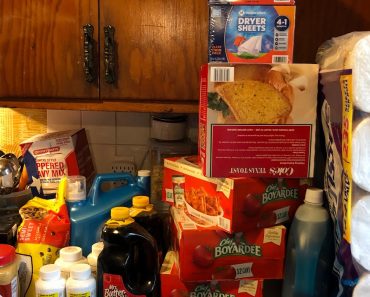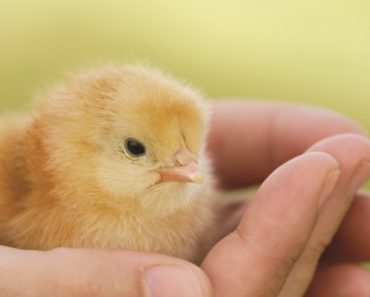Whether you’re introducing poultry to your backyard farm for the first time, or adding to an existing operation that features chickens or other birds, ducks will not disappoint.
Ducks are excellent foragers who will find more than half their diet in your garden if allowed, cutting down your feed costs and helping with pest control. Some breeds are robust egg layers, producing 100-300 eggs per year. They are generally healthy and easy to care for, with few issues specific to domestication. Lastly, ducks are just plain fun to have around, with their silly waddle, quacking and tendency to splash around.
Whether your backyard is rural or more suburban, ducks will likely fit in. Among the meat-producing animals, ducks are second only to rabbits for ease of care. They can provide a great project for a young farmer, or someone who can only devote part-time hours to livestock management. With some helpful advice, almost anyone can have a good year with ducks, and there is a wealth of advice to be found. I’ve been fortunate to have a flock at a near neighbor’s house this year, and enjoyed the fruits of her labors. However, every year of success comes with its lessons. Here are some of the best tips learned for raising your first flock of backyard ducks:
1. Choose the breed that works for you
If you’re considering ducks, you’ve no doubt begun your breed research and learned that some breeds are better egg producers, while others are better for meat production.
Diatomaceous Earth: The Best All-Natural De-Wormer For Your Livestock!
Many commercial ducks are flightless, but some will need wings clipped. Some breeds are noisier than others, and may be less cooperative with the needs of the neighbors. Do your research.
2. Learn about sheds and shelter
Because ducks have different roosting habits than chickens, they do not need elaborate housing. A well-enclosed shed with bedding and a raised platform provide the ducks with a place to hide, sleep safely, and lay. You will need to change bedding very frequently to keep ducks clean. Ready access to fenced forage will allow the ducks plenty of food and activity during the day; rotate the fenced yard bi-weekly or the ducks will turn it to mud.
3. Don’t forget water
All ducks need a reliable source of clean water, which is likely going to mean some kind of waterer and maybe a pool, trough or pond for bathing. Many backyard duck farmers use kiddie pools in their yard for the ducks during the day, and drain them at night. However, it is very important to watch young ducks with access to deeper water. They can tire when swimming and drown without proper supervision.
4. Watch for signs of bullying
You may be toying with the idea of getting a variety of ducks for your various needs. This can work out fine, with careful introduction of the birds and monitoring to ensure that larger birds are not bullying the smaller birds. This can be a problem with ducks of all one breed, as well, especially if you introduce new adults into an established flock. You may need to consider separating or selling some of your ducks if you notice signs of bullying (feathers being plucked out, sores, listlessness, etc.)
5. Protect your eggs
Your shed or coop is more than just a shelter for your ducks; it will keep pests away from your eggs. If you don’t want your eggs stolen, install wire mesh over any openings to discourage rats and other pests from invading.
6. Use clean killing
When it’s time to butcher birds, clean killing with an axe or hatchet is generally the preferred method. To prevent the duck from flapping around during placement, insert its head into a cone or bag with hole cut out, so only the head and neck are exposed and it cannot flap its wings. This will help you with a humane and controlled cut.
7. Understand that backyard ducks are not grocery store ducks
Don’t automatically assume your ducks will be fatty when cooked. When roasting a whole hand-raised duck, assess the fat content of the meat before beginning. If it is less fatty, like turkey or chicken, inject butter beneath the skin or baste the duck with fat to keep skin crisp.
Ducks are a great way to get your feet wet with poultry. If you’re a little timid, find some of the great resources available, like, “Storey’s Guide to Raising Ducks,” or introduce yourself to a neighbor with ducks. Before you know it, you’ll be enjoying the satisfaction of providing your family with food raised at home, and any earlier uncertainties will be, well, like water off a duck’s back.
Have you ever raised ducks? What advice would you add? Share it in the section below:





























